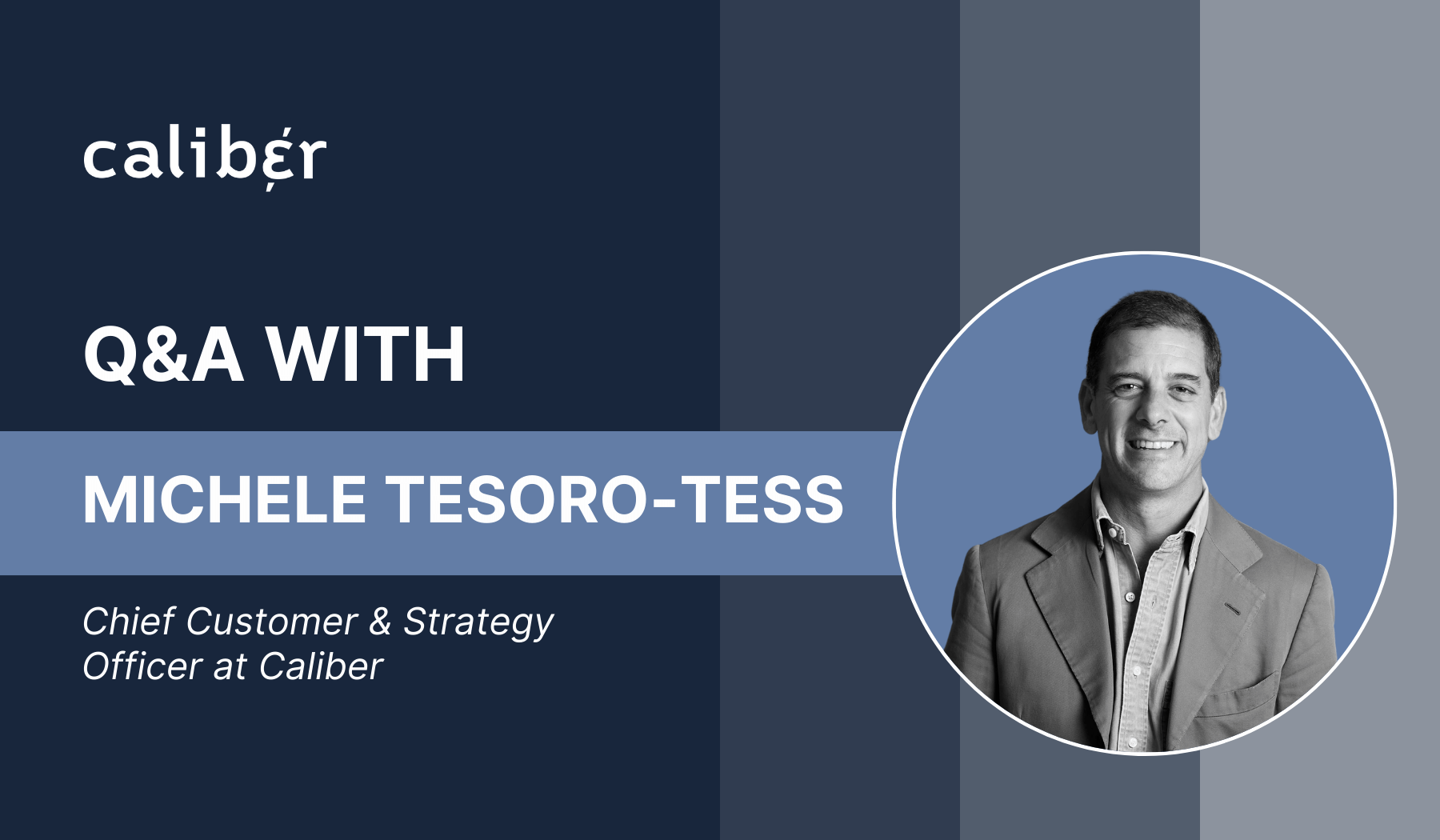
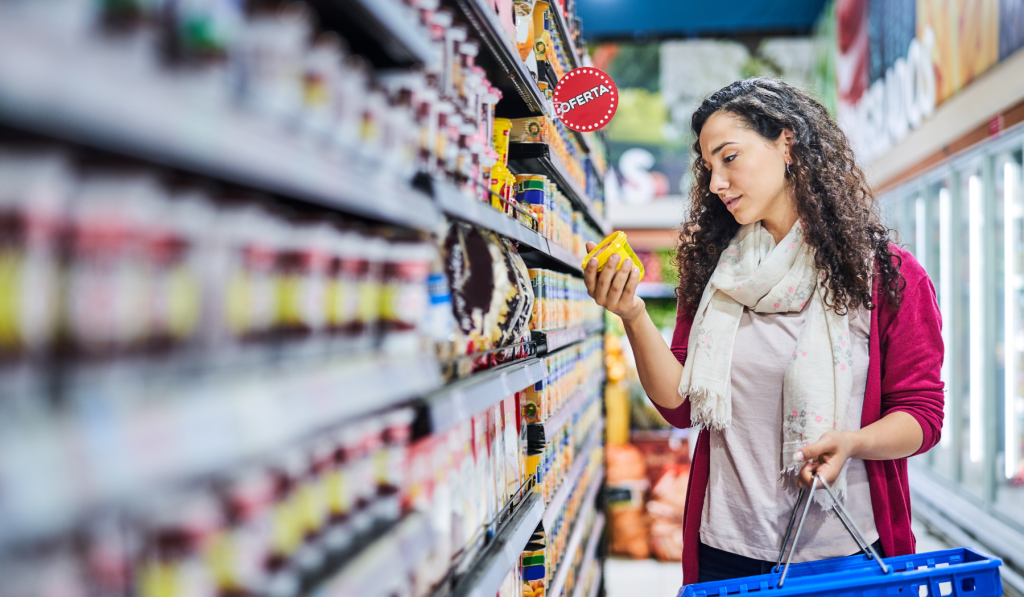
The food and beverage industry encompasses some of the most recognizable brands globally, shaping consumer habits and reflecting societal values. These companies innovate, adapt to food and beverage trends, and address evolving challenges in sustainability and nutrition.
In this article, we rank the top food and beverage companies by reputation — globally and in the United States — according to our chief metric, the Trust & Like Score (TLS)
How to read the Trust & Like Score (TLS)?

We also look at some key trends shaping perceptions of the food and beverage sector, examine the reputational challenges and opportunities, and pinpoint the reputational risks potentially facing food and beverage companies in the months and years ahead.

Headquarters: Vevey, Switzerland
TLS: 72
Nestlé, a Swiss multinational, leads the food and beverage sector with iconic brands such as KitKat, Nespresso, and Purina. Established in 1866, it began with the development of infant formula by Henri Nestlé. Over the decades, the company expanded into numerous categories, including dairy, coffee, pet food, and health science.
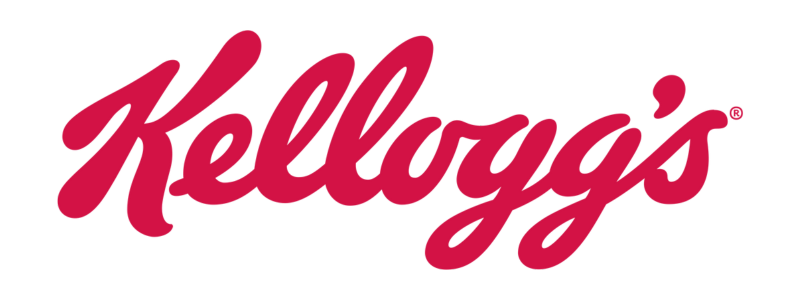
Headquarters: Chicago, The United States
TLS: 72
Kellanova — previously known as the Kellogg Company and commonly known as Kellogg’s — was founded in 1906 in Battle Creek, Michigan, where its headquarters remains. The company pioneered ready-to-eat cereals and continues to dominate the breakfast foods market with brands like Frosted Flakes, Rice Krispies, and Eggo. Its current CEO is Steve Cahillane.

Headquarters: Minneapolis, The United States
TLS: 71
General Mills, established in 1928, is based in Minneapolis, Minnesota. Known for brands like Cheerios, Betty Crocker, and Haagen-Dazs, the company spans a wide range of food categories, including cereal, snacks, and frozen meals. Jeffrey Harmening serves as the CEO.
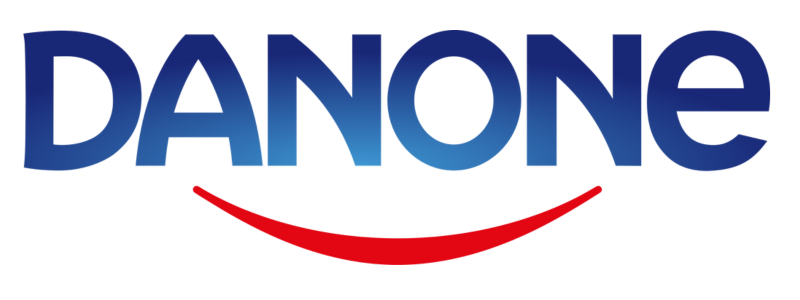
Headquarters: Paris, France
TLS: 71
French multinational Danone was founded in 1919. The Paris-based company specializes in dairy, plant-based products, bottled water, and specialized nutrition under brands like Evian, Activia, and Alpro. Its current CEO is Antoine de Saint-Affrique. Known for its health-centric mission, Danone aligns with modern food and beverage industry trends focusing on wellness and sustainability.
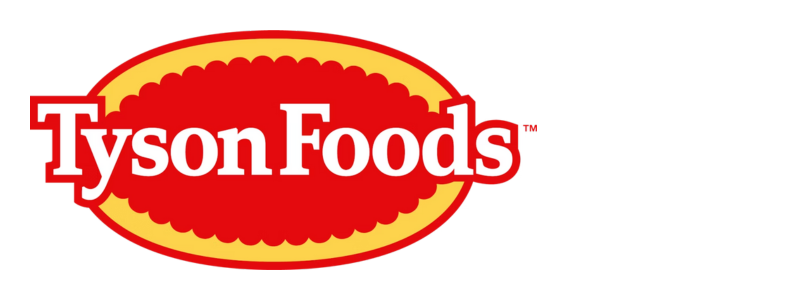
Headquarters: Springdale, The United States
TLS: 70
Tyson Foods, headquartered in Springdale, Arkansas, was founded in 1935 and is one of the world’s largest meat processors, specializing in chicken, beef, and pork. Led by CEO Donnie King, Tyson also markets prepared foods under brands like Jimmy Dean and Hillshire Farm.
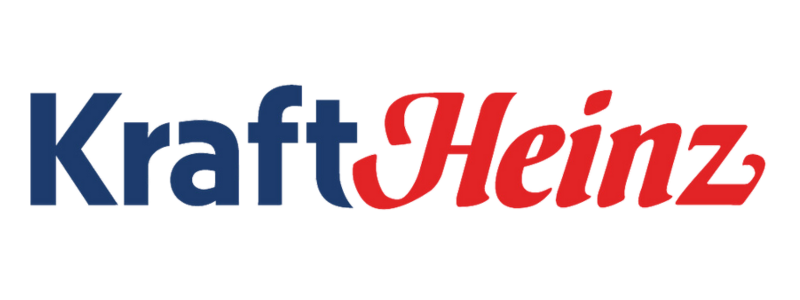
Headquarters: Chicago, The United States
TLS: 70
The Kraft Heinz Company, formed from a merger in 2015, is headquartered in Chicago, Illinois, and Pittsburgh, Pennsylvania. With brands like Heinz, Kraft, and Oscar Mayer, it is a major player in the packaged foods industry. Its CEO has been Carlos Abrams-Rivera since December 2023.
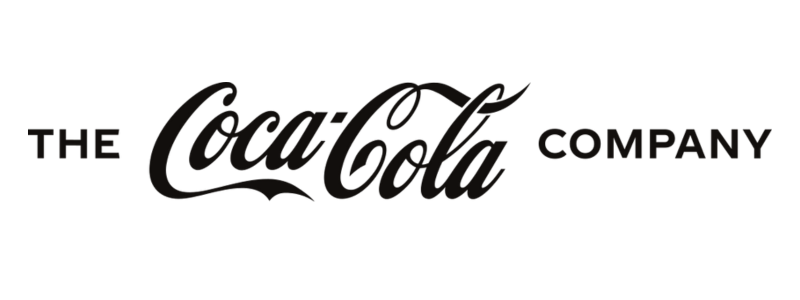
Headquarters: Atlanta, The United States
TLS: 70
The Coca-Cola Company, headquartered in Atlanta, Georgia, has been a global leader in the beverage industry since 1886. Under CEO James Quincey, it oversees a portfolio of drinks like Coca-Cola, Sprite, and Minute Maid.
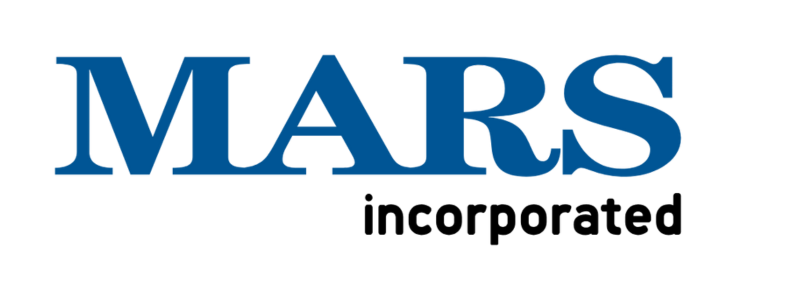
Headquarters: McLean, The United States
TLS: 68
Mars, Inc., a private company based in McLean, Virginia, was founded in 1911. Known for products like M&M’s, Snickers, and Pedigree pet food, it remains family-owned. CEO Poul Weihrauch leads this diverse food and pet care business, which generates over $45 billion annually.

Headquarters: McLean, The United States
TLS: 68
Unilever, a British-Dutch company headquartered in London, was founded in 1929. Its portfolio spans food, beverages, cleaning products, and personal care under brands like Dove, Knorr, and Hellmann’s. Hein Schumacher took over as CEO in 2024.
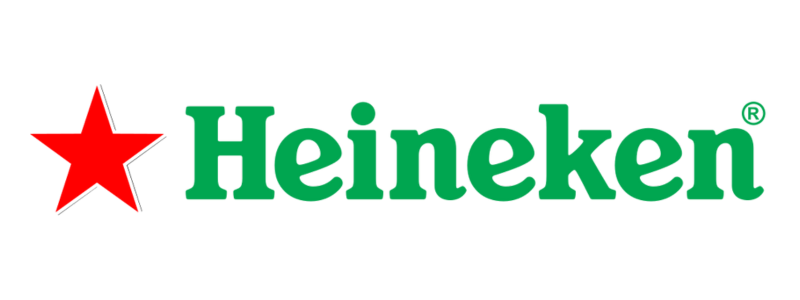
Headquarters: Amsterdam, The Netherlands
TLS: 68
Heineken N.V., headquartered in Amsterdam, Netherlands, was founded in 1864 by Gerard Adriaan Heineken. The company is a global leader in beer production with brands like Heineken, Amstel, and Tiger. Its CEO is Dolf van den Brink, and its 2024 market cap is approximately $58 billion.
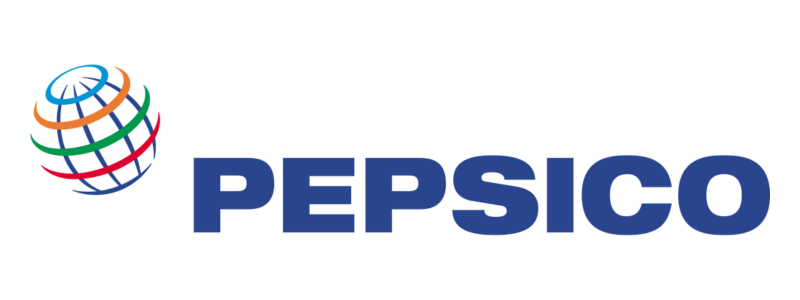
Headquarters: New York, The United States
TLS: 68
PepsiCo, founded in 1965 through the merger of Pepsi-Cola and Frito-Lay, is headquartered in Purchase, New York. CEO Ramon Laguarta oversees a portfolio that includes Pepsi, Lay’s, and Quaker. Its 2024 market cap is around $250 billion, making it a major rival to Coca-Cola.
Headquarters: Walnut Creek, The United States
TLS: 78
Del Monte Foods Inc. is a leading American producer, distributor, and marketer of branded processed food and beverages. The company is headquartered in Walnut Creek, California, and has a history dating back to 1886.
Known for its iconic canned fruits and vegetables, Del Monte Foods plays a key role in the packaged foods industry, focusing on sustainability, innovation, and meeting evolving consumer tastes. Greg Longstreet serves as CEO, leading the company’s initiatives to modernize its product offerings and ensure sustainable growth.

Headquarters: Chicago, The United States
TLS: 78
Kellanova — previously known as the Kellogg Company and commonly known as Kellogg’s — was founded in 1906 in Battle Creek, Michigan, where its headquarters remains. The company pioneered ready-to-eat cereals and continues to dominate the breakfast foods market with brands like Frosted Flakes, Rice Krispies, and Eggo. Its current CEO is Steve Cahillane.

Headquarters: Vevey, Switzerland
TLS: 77
Known for its extensive product portfolio and global reach, Nestlé has garnered a reputation for quality and trust. In 2024, the company implemented flexible work hours to promote work-life balance, which likely boosted its reputation. In the US, Nestlé ranks highly in liekly stakeholder behaviors Recommendation and Advocacy, reflecting strong consumer loyalty.
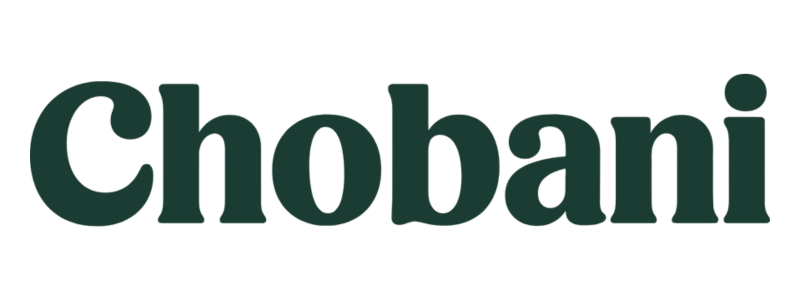
Headquarters: Norwich, The United States
TLS: 77
Founded in 2005, Chobani is a leading producer of Greek yogurt and plant-based foods. The company is headquartered in New Berlin, New York, and led by CEO Hamdi Ulukaya, who is also the founder. Chobani has earned recognition for its commitment to sustainable practices, innovation, and a strong emphasis on employee well-being.

Headquarters: Minneapolis, The United States
TLS: 77
Home to brands like Cheerios, Häagen-Dazs, and Betty Crocker, General Mills is celebrated for its innovation and ability to resonate with diverse consumer bases. The company is a leader in promoting health-conscious products and sustainability practices, reflecting evolving food and beverage trends.

Headquarters: Chicago, The United States
TLS: 75
Kellogg’s (aka Kellanova) has been a staple in households for over a century, primarily known for its breakfast cereals like Corn Flakes and Frosted Flakes. The company’s commitment to sustainability and diversity has enhanced its brand equity. Recent initiatives to reduce its environmental footprint underscore its focus on ESG.

Headquarters: Atlanta, The United States
TLS: 73
Coca-Cola’s branding mastery has made it a global icon. From its classic soda to its expanding portfolio of water, tea, and coffee products, Coca-Cola remains a pioneer in brand loyalty. While not leading in all reputation metrics, it remains a sought-after employer and a powerful force in food and beverage sector marketing.
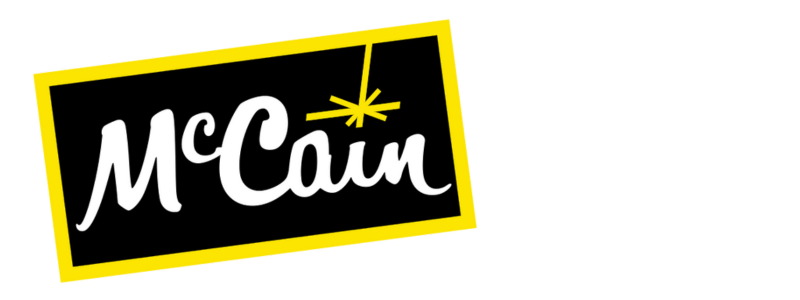
Headquarters: Toronto, Canada
TLS: 71
Mars, Inc., a private company based in McLean, Virginia, was founded in 1911. Known for products like M&M’s, Snickers, and Pedigree pet food, it remains family-owned. CEO Poul Weihrauch leads this diverse food and pet care business, which generates over $45 billion annually.

Headquarters: London, The United Kingdom
TLS: 70
Unilever, a global conglomerate, spans multiple consumer categories, including food with brands like Hellmann’s and Ben & Jerry’s. The company is a leader in sustainability initiatives, from reducing plastic waste to promoting ethical sourcing, positioning it as a forward-thinking player in the food and beverage sector.

Headquarters: McLean, The United States
TLS: 69
A privately owned giant, Mars is known for confectionery brands like M&M’s and Snickers, as well as pet care products. Mars focuses on sustainability, committing to renewable energy use across its operations and improving supply chain transparency.

Headquarters: New York, The United States
TLS: 69
PepsiCo, the company behind Pepsi, Lay’s, and Quaker Oats, balances indulgence with health-conscious products. Its ambitious goals in sustainability, from reducing packaging waste to regenerative agriculture, have enhanced its reputation.

Headquarters: Mexico City, Mexico
TLS: 68
Grupo Bimbo, headquartered in Mexico City, is the largest bakery company in the world. The company, founded in 1945, is led by CEO Daniel Servitje Montull. With a market capitalization of over $20 billion, Grupo Bimbo operates globally, producing baked goods and snacks. Recent efforts include expanding sustainable practices and reducing its carbon footprint.

Headquarters: Amsterdam, The Netherlands
TLS: 66
The Dutch brewing company Heineken stands out for its global footprint and innovative marketing campaigns. Known for its environmental stewardship, Heineken focuses on water conservation and renewable energy in its production processes, keeping pace with modern food and beverage industry trends.

Headquarters: Springdale, The United States
TLS: 66
As a major player in food and beverage manufacturing, Tyson Foods excels in protein production. While the company has faced scrutiny over its environmental impact, it is making strides in reducing greenhouse gas emissions and improving animal welfare standards.

Headquarters: Wayzata, The United States
TLS: 65
Cargill, a global leader in agribusiness, is headquartered in Wayzata, Minnesota. Established in 1865, it is a privately held company, and Brian Sikes serves as CEO. As the largest private corporation in the US by revenue, Cargill’s extensive operations span food production, supply chain management, and sustainable agriculture.

Headquarters: Louisville, The United States
TLS: 65
Yum! Brands, headquartered in Louisville, Kentucky, oversees iconic fast-food chains like KFC, Taco Bell, and Pizza Hut. Led by CEO David Gibbs, Yum! has a market capitalization of approximately $37 billion. The company is focused on digital innovations and sustainability in its operations
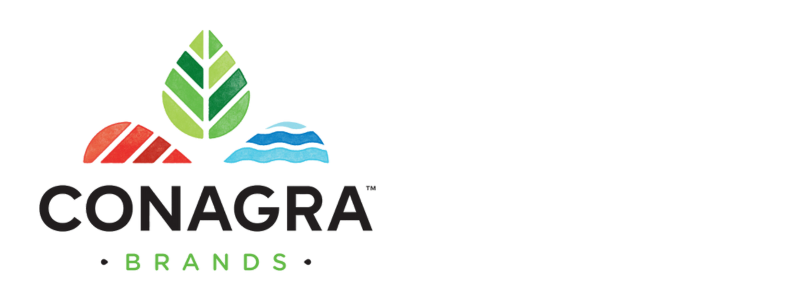
Headquarters: Chicago, The United States
TLS: 63
Conagra Brands, headquartered in Chicago, Illinois, is a leader in frozen and packaged foods. CEO Sean Connolly oversees the company, which owns brands such as Healthy Choice, Hunt’s, and Birds Eye, and is investing in sustainable packaging and health-focused products.
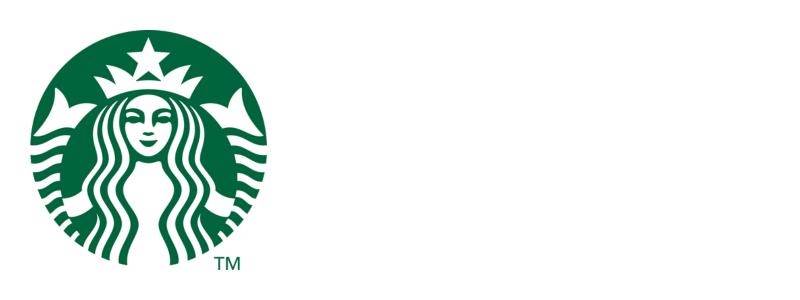
Headquarters: Seattle, The United States
TLS: 62
Starbucks, the global coffeehouse giant, is headquartered in Seattle, Washington. Led by CEO Brian Niccol, the company has a market capitalization exceeding $100 billion and has beens focusing on digital ordering, sustainability, and reducing single-use plastics to align with evolving consumer preferences.
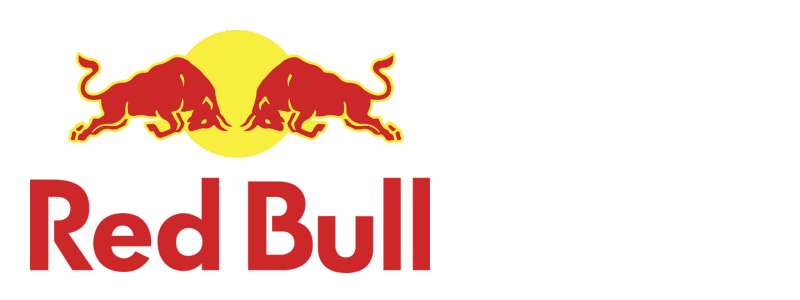
Headquarters: Fuschl, Austria
TLS: 59
Red Bull, the world’s leading energy drink company, is headquartered in Austria. Founded in 1987 by Dietrich Mateschitz and Chaleo Yoovidhya, Red Bull remains privately held. Known for its marketing innovation and sponsorship of extreme sports, Red Bull sold over 11 billion cans globally in 2023, reflecting its dominant market position.
Globally, the food and beverage industry has a TLS of 70 out of 100, outperforming many other sectors. However, it lags behind other consumer-facing industries like Retail and Technology.
Key Trends Shaping Perceptions
– Declining Attribute Scores
The industry’s Integrity, Authenticity, Differentiation, and Relevance scores have declined since 2021. This erosion is attributed to heightened scrutiny of environmental practices and food safety.
– The Emotional vs. Rational Gap
The gap between high emotional scores (trust and likeability) and lower rational scores (integrity and authenticity) highlights a mismatch. Legacy branding fosters emotional loyalty, but stakeholders increasingly demand substantive actions.
– The Recruitment Challenge
The decline in employment desirability suggests that younger generations are hesitant to join the sector. To attract talent, companies must emphasize meaningful sustainability initiatives and transparent governance.
The food and beverage sector must navigate evolving consumer expectations, regulatory pressures, and environmental challenges. Companies leading the charge in sustainability, innovation, and transparency will be better positioned to maintain their reputation. By committing to measurable long-term goals, the industry can bridge the trust gap and secure its place as a cornerstone of the global economy.
With iconic brands and innovative solutions, these food and beverage companies continue to shape consumer habits and adapt to global challenges. Their reputations rest not only on their products but also on their ability to address the pressing issues of our time.
The future of the food and beverage industry will depend on how well its leaders align with emerging values and expectations.
The food and beverage (F&B) sector operates in a landscape where reputation is critical to success. With heightened global awareness of sustainability, health, and ethics, the industry faces increased scrutiny from consumers, stakeholders, and regulators. As issues like supply chain disruptions, environmental impacts, and public health concerns grow, food and beverage companies must navigate these reputational risks to maintain consumer trust and market leadership.
Recent geopolitical conflicts, including the war in Ukraine and Houthi rebel activity in the Red Sea, have severely disrupted global supply chains. This instability has led to higher production costs, which food and beverage manufacturing companies often pass to consumers.
Rising costs during a period of high inflation strain household budgets, contributing to negative public sentiment. These challenges underscore the need for the F&B industry to invest in resilient, transparent supply chains that can withstand geopolitical pressures.
The food and beverage industry is at the forefront of climate-related challenges. Extreme weather events, droughts, and natural disasters are destroying crops and disrupting production, driving up costs and reducing availability.
Moreover, consumers increasingly expect companies to take responsibility for environmental sustainability. Key issues include reducing plastic waste, minimizing pollution from “forever chemicals,” and developing sustainable packaging solutions.
Notably, younger consumers, particularly Millennials and Gen Z, view packaging as a reflection of a company’s values. Overuse of plastic or non-recyclable materials can harm brand perception, even before consumers assess product quality.
Labor practices within the food and beverage manufacturing sector have drawn public criticism, with high-profile cases involving brands like McDonald’s and Starbucks making headlines.
Issues such as unfair wages, poor working conditions, and union disputes tarnish brand reputations and prompt consumer boycotts.
Ethical supply chain practices, including addressing child labor and ensuring fair treatment of workers, are becoming critical to maintaining trust. According to surveys, nearly two-thirds of respondents indicated they would stop buying from companies found violating labor laws.
Health concerns represent another significant reputational risk. With rising awareness of obesity and chronic diseases, consumers are scrutinizing the role of the food and beverage sector in marketing unhealthy products. Junk food advertising, particularly targeting children, generates widespread criticism.
Additionally, food safety violations and recalls erode trust. Consumers expect high standards, and any breach in this area can lead to significant reputational damage.
Surveys reveal a paradox in consumer behavior. While nearly half of respondents believe food and beverage companies should reduce their environmental impact, only a small percentage prioritize sustainability during actual purchasing decisions.
Factors such as quality, price, and taste remain dominant. This disconnect highlights the challenge for the F&B sector: making sustainability affordable and accessible without compromising product quality or price competitiveness.
The growing interest in health and wellness among consumers presents both risks and opportunities. Younger demographics increasingly value healthier, nutrient-rich products.
Globally, one-third of respondents aged 25–44 consider health benefits a top factor in their purchasing decisions. Companies that fail to innovate in this area risk losing market share to competitors that align more closely with these evolving food and beverage industry trends.
Another notable trend is the rise of early-to-middle-aged health-conscious consumers. These buyers actively research ingredients, read labels, and seek certifications that align with their values. Failing to meet these expectations could alienate a lucrative and growing market segment.
Plastic waste represents a significant but underestimated reputational risk for the food and beverage industry. Although sustainability is not a top purchasing factor for most consumers, public discourse around packaging waste is intensifying.
Recent stories in The Guardian and Civil Eats highlight how major brands like McDonald’s, Coca-Cola, and PepsiCo contribute to the global plastics crisis. If left unaddressed, this issue could escalate into a more significant reputational crisis.
To address these challenges, food and beverage companies must adopt proactive strategies that align with consumer expectations and emerging trends. Key recommendations include:
1. Sustainability and Innovation: Companies should invest in sustainable packaging and eco-friendly production processes. Innovations that reduce costs and environmental impact can help bridge the gap between consumer values and purchasing behavior.
2. Transparency: Supply chain transparency and ethical practices are critical for building trust. Highlighting fair labor practices, sourcing transparency, and environmental initiatives can differentiate brands in a crowded market.
3. Health-First Products: Developing healthier and more affordable products is essential, particularly in markets like the US, where consumers prioritize health, taste, and affordability over environmental concerns.
4. Responsive Crisis Management: Given the unpredictability of reputational crises, companies must have robust contingency plans. Swift, transparent communication is vital to managing consumer perceptions during food recalls or labor disputes.
While the burden of addressing these risks largely falls on food and beverage companies, policymakers also play a crucial role. Regulations that incentivize sustainability and penalize unethical practices can level the playing field, ensuring that companies committed to responsible practices are not disadvantaged.
The food and beverage industry operates in an era of heightened scrutiny.
From climate change and labor disputes to public health concerns, the sector faces a range of reputational risks that require strategic management.
By prioritizing sustainability, transparency, and health innovation, companies can position themselves as part of the solution rather than the problem.
While consumers may not always act on their stated values at the checkout, their expectations are clear. The time for the industry to act is now, before these risks escalate into crises that could threaten long-term viability.
There is ample proof that stakeholder behavior is linked to the degree to which people trust and like a company. Therefore, the Trust & Like Score is the key element used by Caliber in measuring the strength of a company’s brand and reputation.
The score is based on the answers that respondents give to two questions: “To what extent do you trust this company?” and “To what extent do you like this company?” The responses to both questions are given on a 1–7 Likert scale, which we rescale to a 0–100 range for easier comparability.
To protect the integrity of the data, we don’t apply any filters, weights or adjustment factors or otherwise manipulate it.